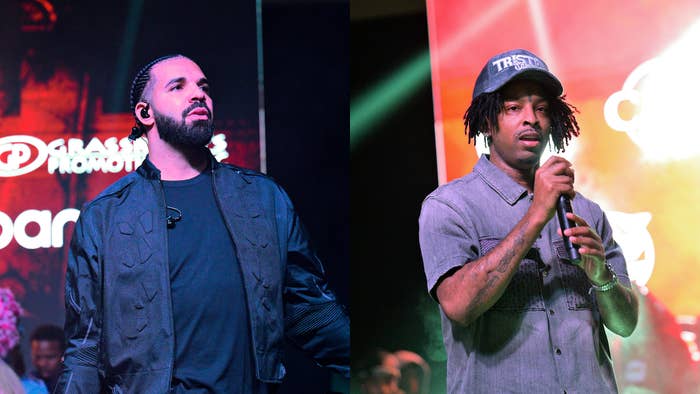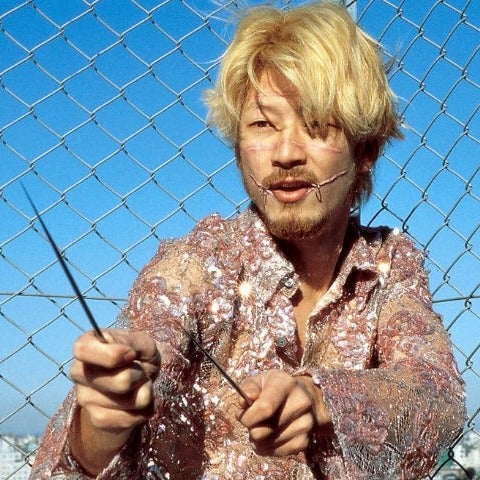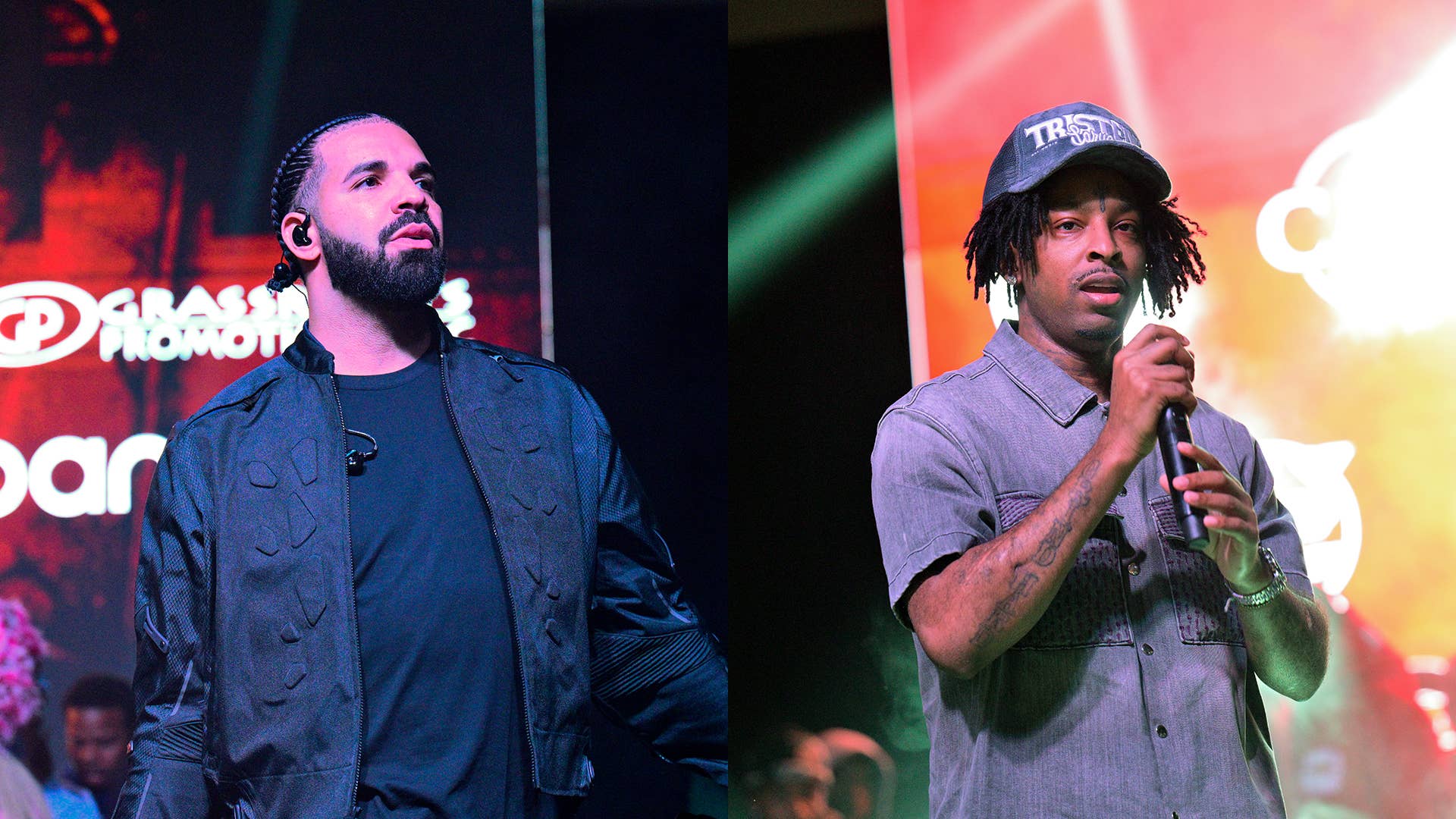
Less than a week after Vogue’s parent company Condé Nast sued Drake and 21 Savage for their fake magazine cover, the judge in the case has sided with the publisher.
As reported by Billboard, U.S. District Judge Jed Rakoff has ruled that Drizzy and 21 had been “misleading consumers” and “deceiving the public” with their fake Vogue cover in promotion of their collaborative album, Her Loss. “Issuance of the requested temporary restraining order is in the public interest to protect the public against confusion, deception and mistake,” said the judge. The request for a temporary restraining order has been approved, which means the pair can no longer utilize the fake magazine cover.
Per legal documents obtained by Complex, the legal team for Vogue and Condé Nast has expressed confidence they will win the $4 million case. “Condé Nast has a likelihood of success on its claims for federal and common law trademark infringement, false designation of origin and unfair competition, false endorsement, dilution, false advertising,” reads the docs. “Among other things, Defendants’ actions are confusing consumers about the origin, sponsorship, or approval of the Counterfeit Cover and Counterfeit Magazine.”
In the suit, Condé Nast has argued that the two rappers have “irreparably harmed” the companies. As part of the temporary restraining order, they are required to stop distributing the copies of the fake magazine, take down any social media posts featuring the cover, and remove any physical posters in cities across the country. They are also prohibited from mentioning Anna Wintour, the editor-in-chief of Vogue. In the suit, Condé accused Drake of being “deliberately deceptive” when he thanked Wintour upon sharing the cover.
The Vogue cover was just one of the many elaborate faux marketing stunts the rappers pulled for the record, but Condé Nast is (so far) the only company to take action. They’ve shared a fake performance on Saturday Night Live, teased a NPR Tiny Desk performance, and shared a deepfake interview with infamous radio host Howard Stern. NPR suggested the pair were “welcome anytime” to perform on Tiny Desk for real, while Stern called the whole thing “interesting.”
Legal expert Barton Beebe, a law professor at New York University, told NPR that it’ll be an “easy case” for Condé Nast. "I think it's an easy case for them to win," said Beebe, who specializes in intellectual property law. "And I think that they'll get the injunction, the injunctive relief, ordering the marketing campaign to stop. It seems to me an interesting question would be if Vogue wants to pursue this all the way to damages, because they could be in the millions for this kind of conduct."

